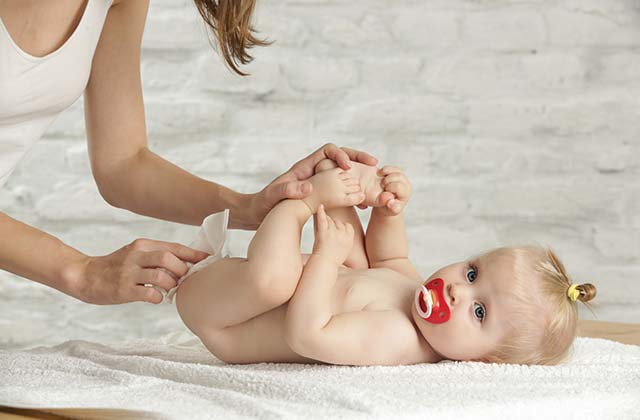After giving birth, taking care of your newborn baby is a crucial step no mother would like to do wrong and this is something that shouldn’t be taken lightly at all. You have to remember that the immune system of a newborn baby is very weak as their bodies do not know yet about the diseases and infections it may encounter along the way. As a responsible parent, you have to make sure that you are providing your baby with a safe environment and giving the best care for them.
As much as possible, every new parent wants to do it right when it comes to their precious newborn child. From simple things like dressing them to cutting their tiny little nails, it can become pretty challenging sometimes. But, with little practice, you will be ready for all of these pretty soon and continue to grow and learn as the days come.
Directly after your child is born, there should be attention to the condition of the newborn. According to the World Health Organization, attention to their health condition is an integral part of care in normal birth.
10 Things to Know After Birth
1. Hold your baby delicately
If you are not familiar with holding newborns, their fragility may be intimidating. There is a lot to be considered when handling your newborn baby. Do not be afraid to touch, hold, or handle your baby. In fact, studies show that babies who are held for more than 2 hours a day cry less and thrive better. Here are a few of the things you should keep in mind while holding your baby:
- Wash your hands or make sure they are clean
- Support your baby’s neck and head
- Do not shake your newborn child
- Remember that they are not yet ready for rough play
2. Skin to skin contact is important
Skin-to-skin contact helps in strengthening the bond between mothers and their babies. After the baby is born, it is suggested to give them skin-to-skin contact with their mother in order to make them feel your love and warmth. A simple hug in these first few hours lets you and your baby get to know each other. Skin-to-skin contact is also considered the best welcome for your baby. This also has a long-lasting effect on their health.
3. Keep them relaxed and cheerful
For new parents, it can be challenging to soothe their baby’s cry. One of the best traditional ways to soothe their cry is to carry and rock them gently. Studies show that a calming response is triggered in an infant’s brain when they are being carried and rocked, causing the heart rate to slow down and their muscles to become more relaxed. At the same time, making a shushing sound can distract them from their cry as they try to focus on the sound instead of their cry.
4. Monitor your baby’s body weight regularly
Tracking your baby’s weight is a good marker of your baby’s health and total well-being. It is normal for newborns to lose some weight in their early days as they take time to adjust to this new world. But they should get back to their birth weight within 2 to 3 weeks. If they are not able to get back to their initial weight, this should be a matter of concern and you should consult your child’s pediatrician. Although all babies grow at their own pace, there are still guidelines for healthy weight gain.
5. Make sure your baby sleeps a lot
It is important to make your baby fall asleep as the baby’s best growth happens when they are sleeping. It is also important to balance your baby’s sleeping time and feeding in order to maintain proper balance.
6. Give them enough vitamin K
During birth, babies have a very low vitamin K as it does not cross the placenta to the developing baby. In newborns, vitamin K can prevent a potentially fatal bleeding disorder called Vitamin K Deficiency Bleeding (VKDB). A lack of vitamin K can cause severe bleeding that can sometimes lead to brain damage. So, parents are advised to give their newborn child vitamin K injection or oral dosage in order to avoid these diseases.
7. Keep air clean for breathing
Parents should make sure that their newborn is getting enough oxygen. You can do this b taking them to parks and open areas to provide them with fresh air. Remember to keep your baby away from pollution as much as you can.
8. Vaccinate to prevent infections and diseases
It is important to properly vaccinate your baby to protect your baby from various virus infections. Vaccinations help improve your child’s immune system and protect them from viral diseases.
9. Learn to properly give them a bath
A newborn should be given a bath very carefully as their bone is still weak. Areas like the arms, neck, and shoulders are a bit sensitive in newborns. Their bath time should only be for five to ten minutes and should be given once a day to protect their sensitive skin.
10. Make a strong bond with your baby
It is important for parents to develop a bond with their newborn baby. Some examples of these include cuddling, singing, holding, and letting them know that they are safe when they cry.Your baby’s overall well-being should always be a priority. If you have further questions about your newborn’s health condition, you can contact online doctor Ontario for a convenient online consultation.


